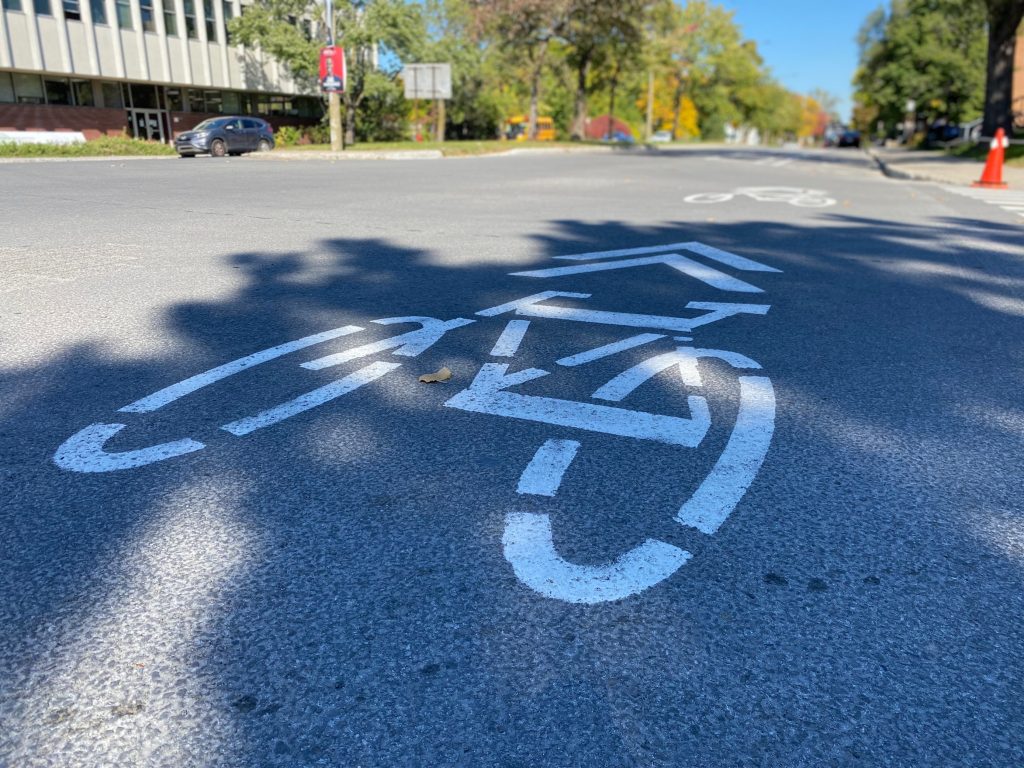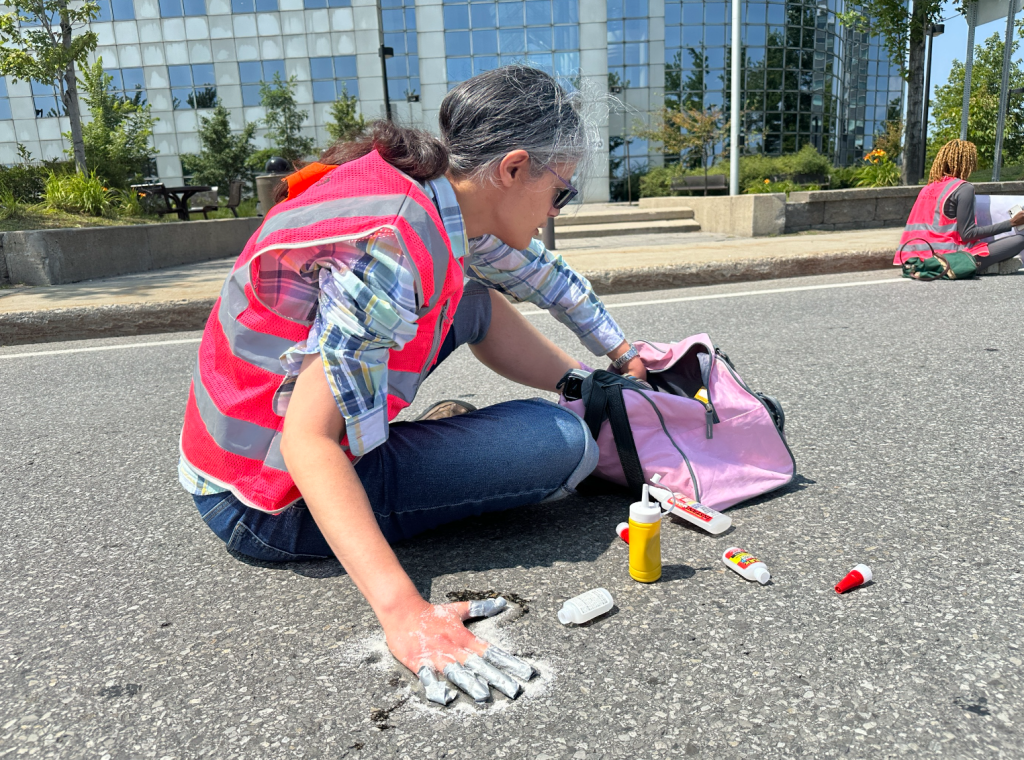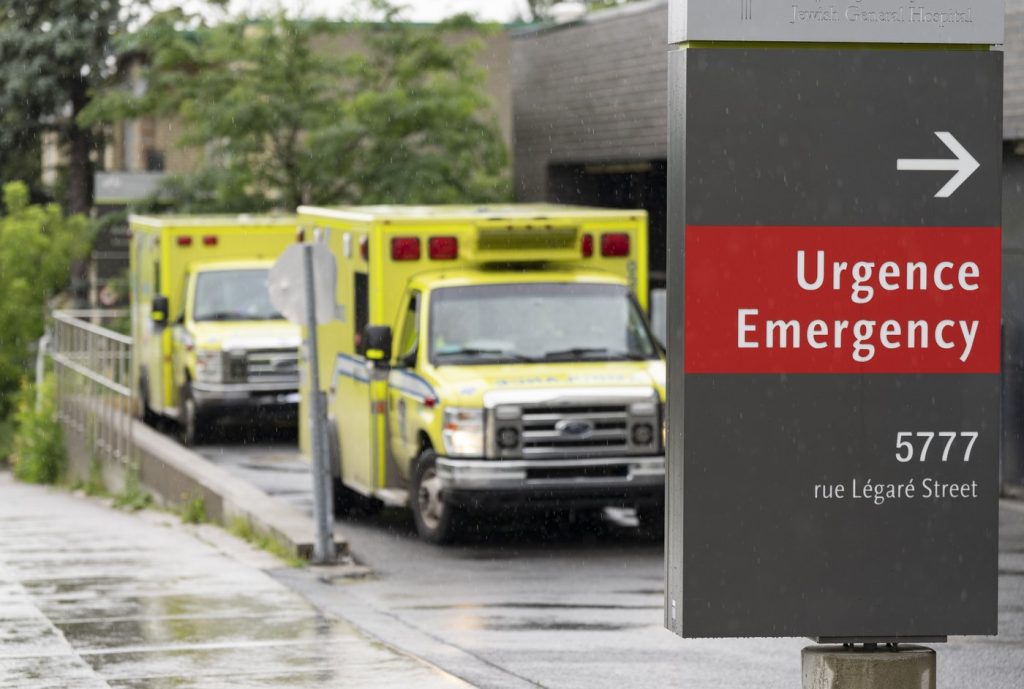Mohawk Mothers, McGill reach agreement to search former Montreal hospital for possible unmarked graves
Posted April 20, 2023 5:47 pm.
Last Updated April 20, 2023 6:49 pm.
A settlement agreement was reached Thursday between the Mohawk Mothers, an Indigenous group, and Montreal’s McGill university.
“It entails an archeological plan. And it’s for the archeology, it’s not for either side,” said Kwetiio, one of the Mohawk Mothers.
It details the approach towards appropriate archeological techniques to detect whether there are unmarked graves at the former Royal Victoria hospital.
“That’s primarily what we’re here for, our children,” said Kwetiio. “To find out what our history is, and make sure that our children are put to rest in the proper way.”
The archeology work has already begun on the site. Last year, Mohawk Mothers was successful in getting a Quebec judge to stop excavation.
BACKGROUND:
- Quebec judge says McGill work halted to avoid ‘irreparable harm’ to Mohawk plaintiffs
- Mohawk mother speaks on judge order to stop excavation work at Montreal’s Allan Memorial Institute
The group has alleged that Indigenous patients were buried at this site during the 1950s and ’60s, a site that is scheduled to be redeveloped by McGill.
Thursday’s settlement agreement is seen as a success for the Indigenous group because they say that most of their demands were met.
“This is wonderful that we finally got this going. It’s a big relief for us because it has been a lot of work,” said Kahentinetha, another Mohawk Mother. “It took a lot of work to do this and we’re grateful that we got it to this point and it’s going to keep going on.”

Kanien’keha:ka Kahnistensera (Mohawk Mothers) (Credit: Martin Daigle, CityNews image)
“This was a time for a new relationship with the people what we live amongst and this is what our children needed,” Kwetiio said. “They need to be found and we’re not going to do this just for this.”
Lana Ponting – now 81-years-old – was a patient in 1958 at the Allan Memorial institute, the former psychiatric hospital next to the old hospital site.
“I firmly believe there are bodies buried on the Allan property,” Ponting said. “I went out one night. I snuck outdoors, saw people with shovels. They were digging and I wondered what they were digging, why they were digging at night.”
McGill University tells CityNews in a statement that it’s pleased about reaching the settlement.
“This agreement provides for an unprecedented collaboration between the Kanien’keha:ka Kahnistensera, the Société québécoise des infrastructures (SQI), and McGill, which will shed light on allegations of the possible presence of unmarked graves on portions of the former Royal Victoria Hospital site,” the statement read.
McGill also says the joint effort includes support for archival research and the appointment of a panel of expert archaeologists who will scan the site to determine appropriate techniques for archaeological work prior to the resumption of excavation at the site.
“Culturally appropriate measures, such as the presence of cultural monitors on site during the archaeological work, to witness the work and conduct ceremonies, will be implemented,” it added.
“McGill University hopes that this agreement will serve as a backdrop for continued collaboration with Indigenous communities based on mutual trust and respect.”
The archeological work is expected to be completed in the coming months and the Mohawk Mothers are anticipating the results.
“We’re very anxious, we’re hoping that it can be as thorough as possible,” said Kwetiio. “I don’t think things can be rushed and I am just very very interested in other people using this as an example.”



